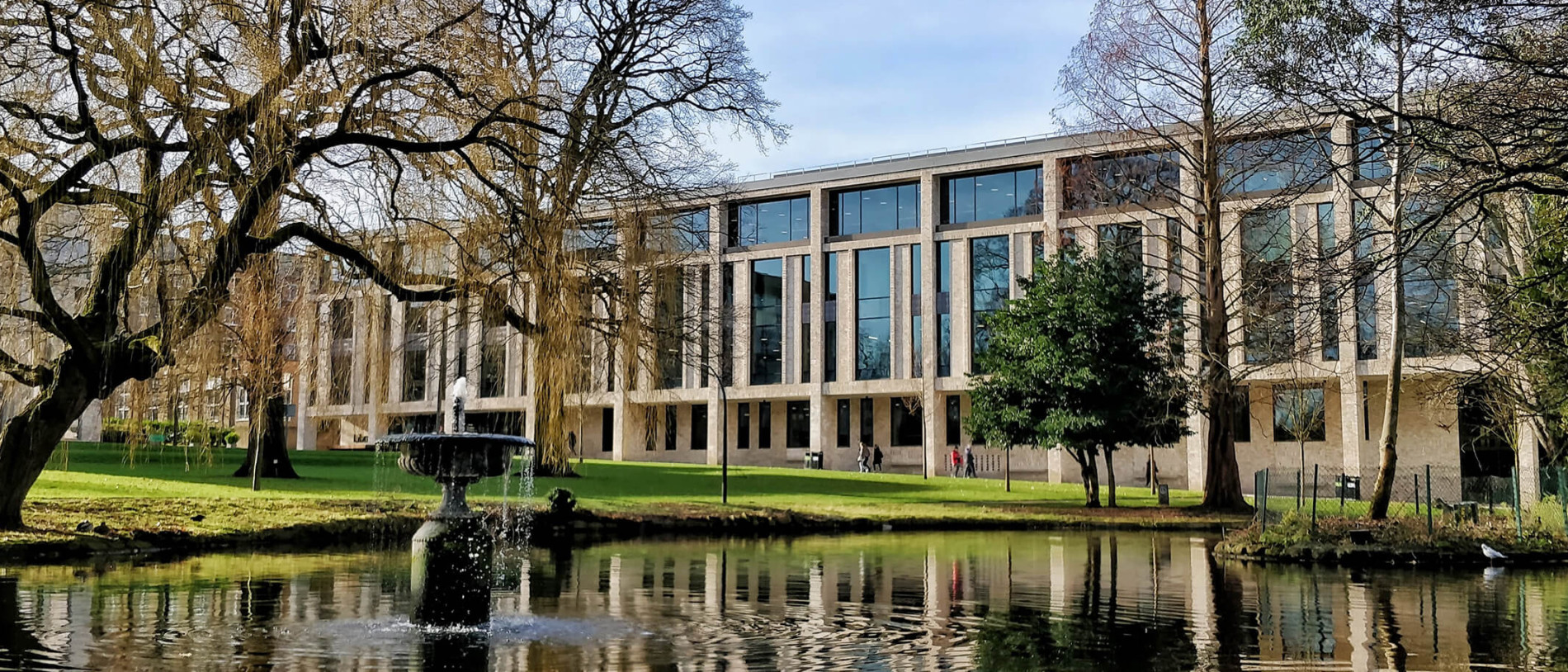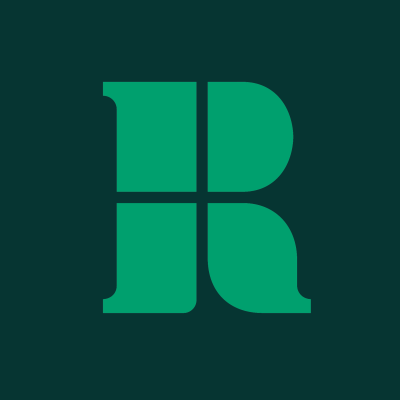

University of Roehampton (London)
Dance and Embodied Practice (MFA)
Study detals
: Master's degree : MFA(Hons) Dance and Embodied Practice (MFA) : Full time : 12 MonthRequirements
Entry requirements
Roehampton English Language Test
- Postgraduate degrees - mapped to IELTs scores
TOEFL IBT
- Postgraduate degrees - 89 overall with a minimum of 17 in listening and writing, 18 in reading and 20 in speaking
IELTS Academic
· Postgraduate degrees – 6.5 overall with a minimum 5.5 in each component
Cambridge Advanced Certificate
- Postgraduate degrees - 176 overall with a minimum 162 in each component (some schools require a minimum of 169 in each)
Cambridge Proficiency Certificate
- Postgraduate degrees - 176 overall with a minimum 162 in each component (some schools require a minimum of 169 in each)
All applicants that require a Tier 4 visa must also meet the minimum English Language requirements before we can issue a Certificate of Acceptance for Study (CAS) that is needed to apply for a Tier 4 visa.
Academic requirements
Along with a complete application, EU and international applicants are required to submit various supporting documents. These include:
- Academic qualifications (certificate and transcript)
- Valid English language qualification
- Personal statement
- Two references
Speciality
There aren’t any pathways available
Additional information
Degree Overview
As a dancer with an interest in expanding your skills, this practice-based programme will help you to investigate the potential of your studio practice and training in order to apply your dance practice as a creative and improvisational tool and as a practice-research which has the potential to influence culture and society. The programme includes technique classes, choreography workshops, collaborative working, writing and reflection. You will be encouraged to develop and test new ideas and skills in dance ‘laboratory’ situations in order to research and practise notions of dance facilitation, dance teaching, dance leadership, dance intervention and dance-making in a variety of contexts. This unique practice-based programme promotes understanding of the notions of wellbeing and safe, healthy dance practice, and relates directly to social, political and cultural issues around embodiment, community and the environment. This programme investigates the application of dance practice and knowledge in a wide and ambitious range of artistic, educational and community contexts, and, less conventionally, in galleries, museums and outdoor sites. You will be supported by the mentorship and teaching of experienced staff in our modern studios and have the opportunity to gain experience with in-house and visiting artists and tutors alongside a diverse community of peers.
Study Reasons
- The programme is specifically designed to appeal to students seeking a portfolio career which involves performing, teaching, choreographing, community dance practice and curational practice. Students who have a desire to apply their knowledge of Dance to improving communication, manifesting social change and advocating for the broad range of benefits of participating in Dance will be able to develop their ideas and projects as part of this programme.
- You will also have the opportunity to undertake an independent project which uses original practice-research and is underpinned by tutorials, peer review, work experience and open rehearsals. Students will also have access to the full range of optional modules which are offered to all our postgraduate students.
- The School is home to the internationally-recognised Centre for Dance Research where, together with inquiry into dance as cultural and artistic expression, students are encouraged to investigate a broad range of dance and somatic practices as they are deployed in performative and choreographic situations and experienced though the lived body. These artistic activities are positioned as both critical, scholarly enquiry and creative, imaginative assembly, both of which are essential tools for the development of original and independent approaches to teaching and facilitating dance.